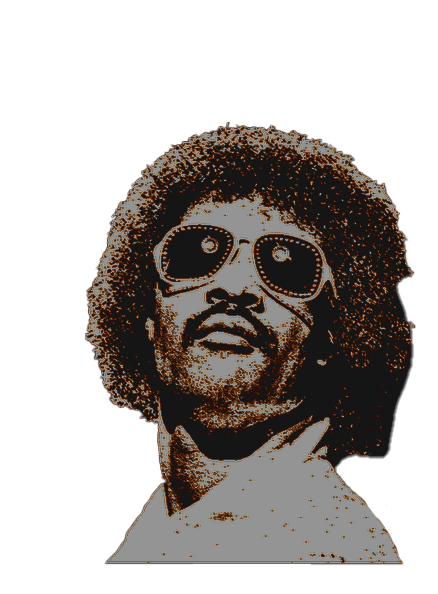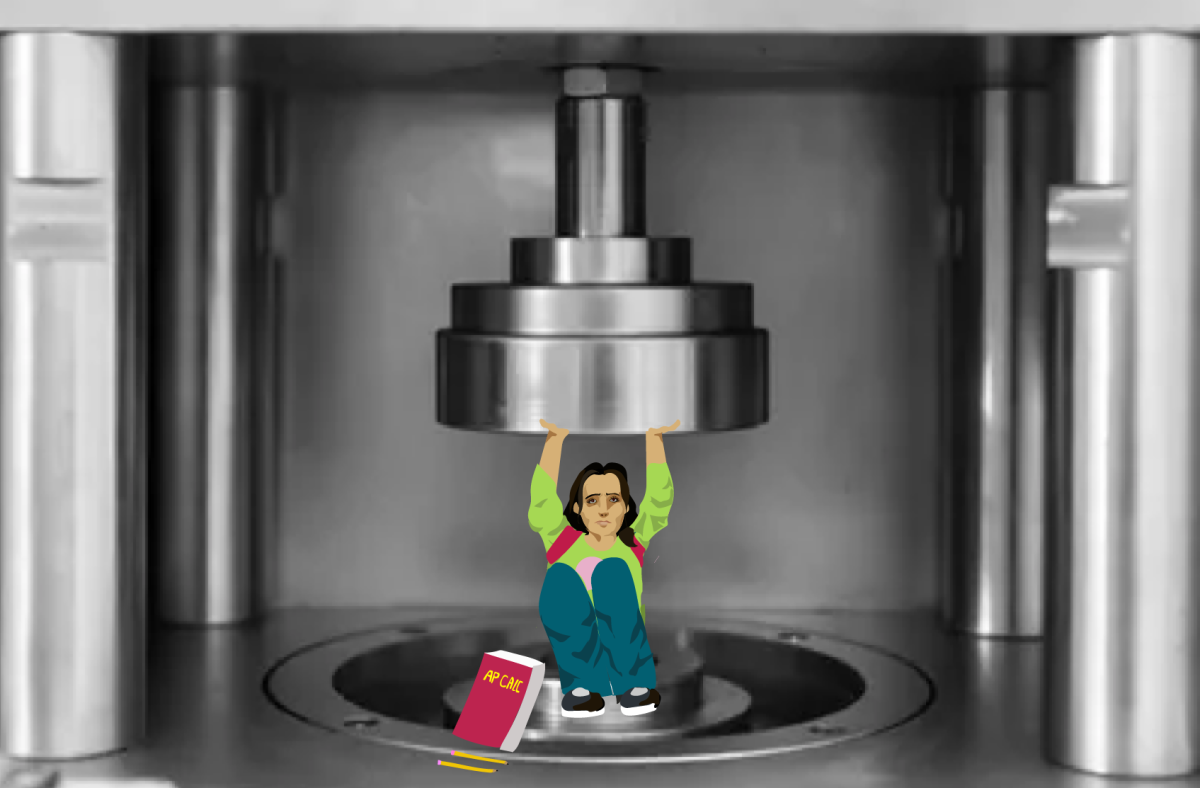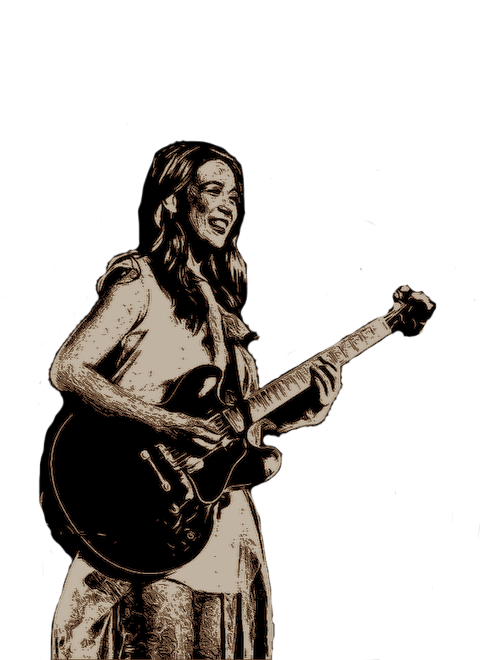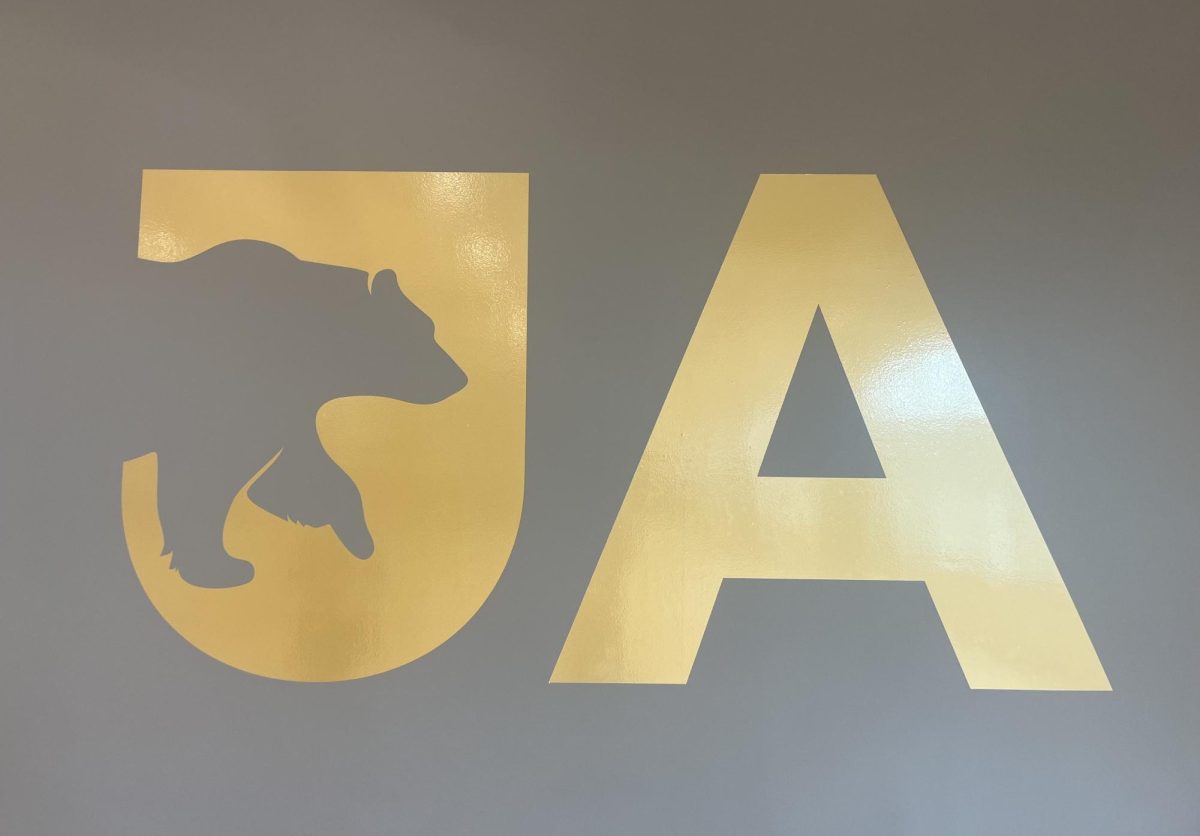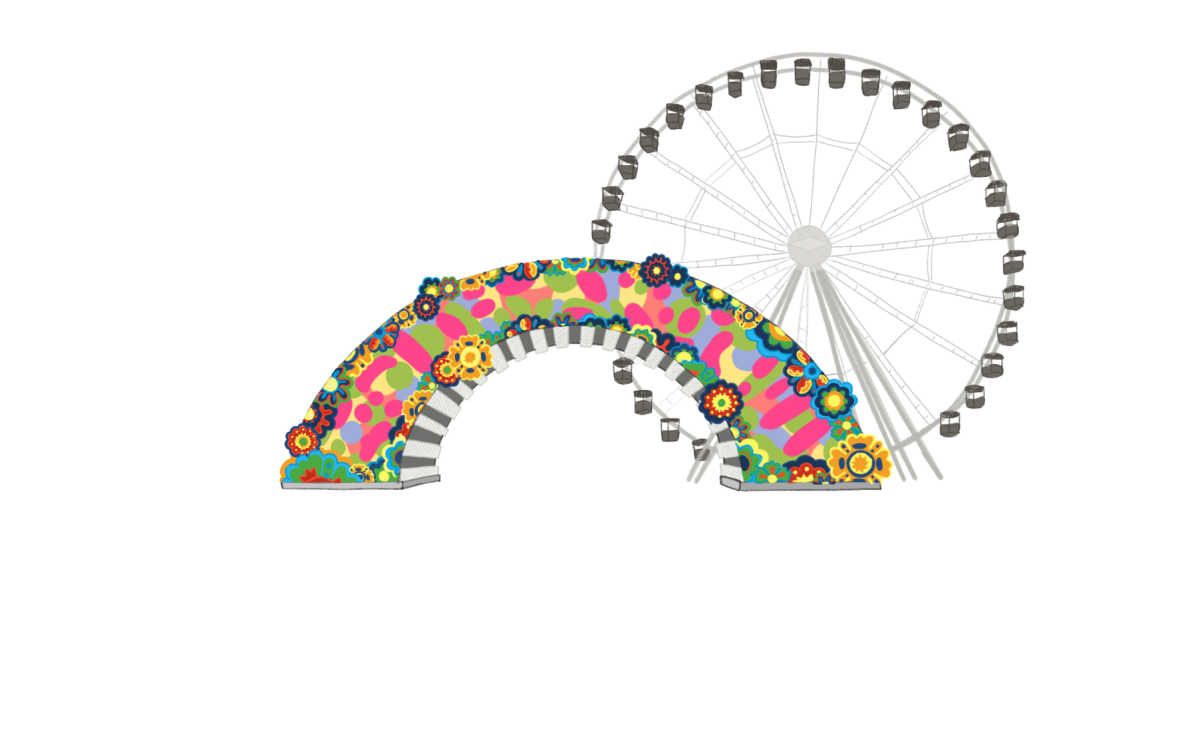History, as a subject we study in school, is often dismissed or overlooked. It’s only required to take three years of history at Upper Arlington, and students begrudgingly take AP courses to boost college applications. AP History DBQs give it a dreadful reputation, and spending hours studying wars, dates and figures makes the subject seem like simply a timeline of events to memorize. In reality, history is arguably the most important subject to study, yet it doesn’t get the credit it deserves for being the foundation of leadership, decision making and understanding human nature.
History connects everything. Science and math were born from ancient philosophy: early figures who questioned what the world was made of. Thales, for example— an Ancient Greek philosopher—introduced science beyond ancient gods, concluding that everything originates from water.
Artists ushered in new eras, moving away during the Renaissance from art that glorified only religion, and towards representing real humanity. Our globalized world exists because of initial trading routes that brought culture, language, food and animals. This long, overarching history is the backdrop for everything we know.
This perspective and knowledge is often undervalued today. We need to use our endless access to historical information to understand how our current worldview is shaped by everything that came before us.
“You think you just fell out of a coconut tree? You exist in the context of all in which you live and what came before you,” Kamala Harris famously said.
Along with the rest of social media, I laughed at this quote initially. It almost sounds nonsensical. But to take these words into account: Everything that we exist under is a direct result of every event that came before us, and every decision we make will alter the future. You don’t just belong to the 21st century, and to forget that is an incredibly short-sighted way to view our place in the world.
As a leader, voter and any type of consumer, having this perspective is crucial. To make decisions without drawing from past lessons is a display of ignorance and wasteful of the knowledge and power we have access to. We have a virtually endless archive of everything that has failed and succeeded across all regions and time periods. We should be using it at all times.
Leaders should recognize that their decisions are both products of past influence and impactful for the future. The best leaders – across businesses, government, and classrooms – are leaders who have found ways to unite through compassion and work toward a common goal. Leaders with an awareness of history understand long-term consequences over short-term gains. They make decisions and navigate crises with both regard for the historical precedent and evolving society.
It couldn’t be more important to reflect on history. Almost ironically, the past helps us understand contemporary issues. It provides context to political decisions, social movements and current conflicts. Recognizing historical patterns helps avoid the oversimplification of today’s complex issues.
Ultimately, many of today’s issues are not entirely new. The details might look different—new technology and debates—but the core patterns are the same. Power struggles, anxiety and moments of unity are always occurring. The way humans create and react to conflict is often predictable. History doesn’t repeat exactly, but it echoes.
This may be our moment on earth, but in 100 years, a new population of people will inhabit it with a new set of challenges and conflicts that demand solutions. This cycle of conflict is why we still consult ancient philosophers and poets.
History is foundational knowledge that gives us a lens through which we can examine current conflicts and put them into perspective. At the end of the day, what we leave behind doesn’t impact only us, but everyone who comes after. Without leaders and consumers who make informed and intentional decisions, the world would be a mess. And you can’t make fully informed decisions without studying history–because without knowing where we’ve been, you have no real sense of where we’re headed.


